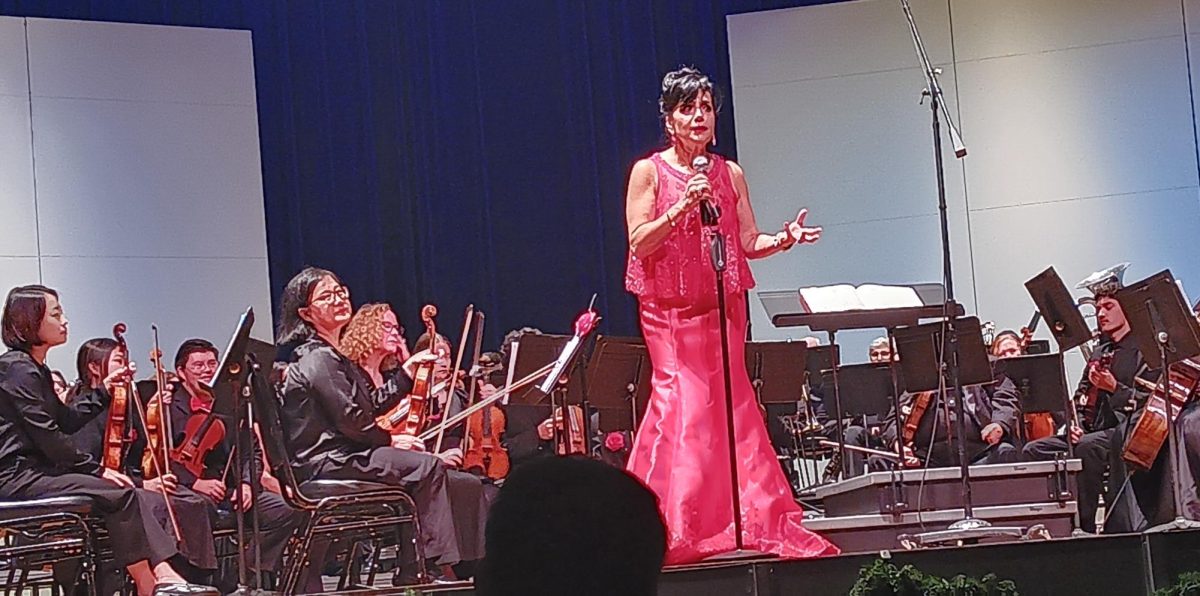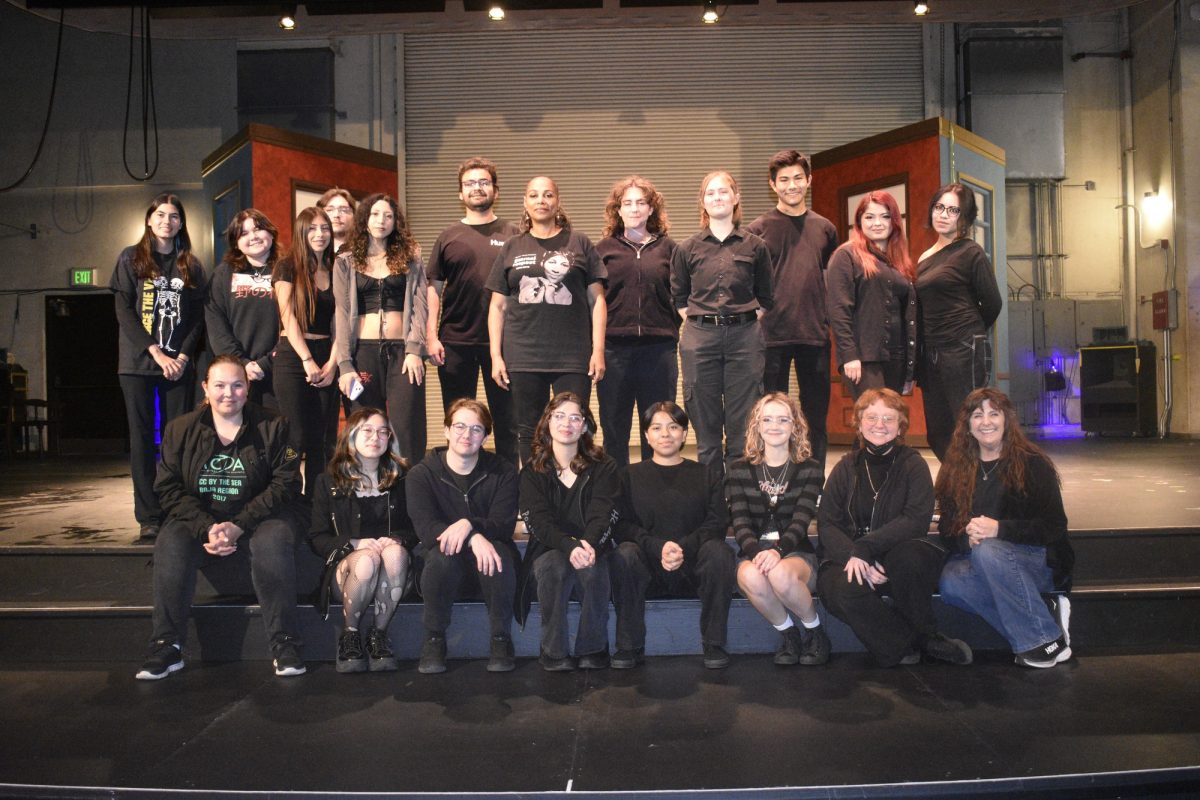Playing “Eenny, meeny, miny, moe” is not an effective way for a student to choose a cosmetology program.
When it comes to planning your future, don’t rely on childish games to decide.
Just read the facts.
There are advantages and disadvantages in choosing a private school or simply taking courses offered on campus.
“To be in the world of cosmetology, you have to be up-to-date on the latest fashion. You will learn all of these things at the public or private schools,” Patricia Gebert, cosmetology professor, said.
“The nice thing about El Camino is that you get college degree credits,” she said.
Just like any other courses taken at a community college, by taking cosmetology credits at EC, students are able to earn units toward an A.S. or A.A. degree.
Gebert said that students will often receive their license to practice and then work in a salon to support themselves through college while they earn the rest of their units.
“Even if you want to transfer, you can still be working in the business to make your money. Say you wanted to open your own salon, so you work on putting yourself through getting a degree in business,” Gebert said.
Private schools will offer the education and credits toward a cosmetology license, but lack the necessary courses to earn a college degree. However, there are advantages to the programs.
“Private schools are wonderful in hurrying the students to graduate. In nine months, they can take their state board exam,” Gebert said.
A cosmetology student at EC can finish his or her training in two full semesters, plus a winter and a summer session, working 40 hours a week.
A private school program may be a better choice for the student who needs to graduate and start making income move quickly.
“Some students cannot afford to take a week off for Thanksgiving or go on Christmas break. They need to work right away,” Gebert said.
While the cosmetology department urges its students to graduate in a timely manner, it may be more convenient for a student to take all of the courses at once.
Unlike most private schools, EC offers a degree in three areas of cosmetology: Hair, nails and esthetician (skills in giving facials, manicures and similar treatments).
“When a student graduates, if she likes to do facials she can work in a spa; if she likes to do nails she can work in a nail shop; if she likes to do hair, she can do hair,” Gebert said.
“But our students are able to do all of these things. That’s what’s wonderful,” she said.
Cosmetology courses are subject to the basic fee of $26 a unit, plus the additional costs of books, as well as a one-time fee of $500 for the styling kit that includes all of the student’s necessities, like scissors and hot tools.
When these fees are compared to private schools such as a Paul Mitchell or Vidal Sassoon, where costs can range anywhere from $15,000 to $17,000, EC is a true bargain.
“At a private school, students are going to learn great cutting and coloring techniques. It just really depends on where the student wants to be,” Gebert said. “The way I see it, it’s out there for everybody.”
“Paul Mitchell is a fabulous school, if you have the funds and you want to go there,” Gebert said.
Anthony Griffin, cosmetology major, said the college’s financial aid system helped him get through his courses.
“I was in a position starting from scratch. The cheapest program around me was seven thousand dollars,” Griffin said. “At El Camino, they offered to pay my tuition.”
Another advantage to the EC courses is that instructors not only have a lot of experience, but they are also regulated by the dean of the college, as well as the members of the state board of cosmetology.
“At any time, a board member can walk into our classroom and look through our files, our shampoo bowls, and our tools, and if they find anything that is not up to the code, they can shut us down,” Gebert said.
At the private schools, the owner is basically the one who may choose the curriculum discussed and can decide concentrate on any aspect of cosmetology.
Aleishia Hardy, cosmetology major, said she believes the instruction is completely different in a community college versus a private school.
“I believe it’s better to go to a community college because the instruction is based on strictly state board criteria,” Hardy said. “Some private schools will go off to certain areas and when you come here, you get everything.”






